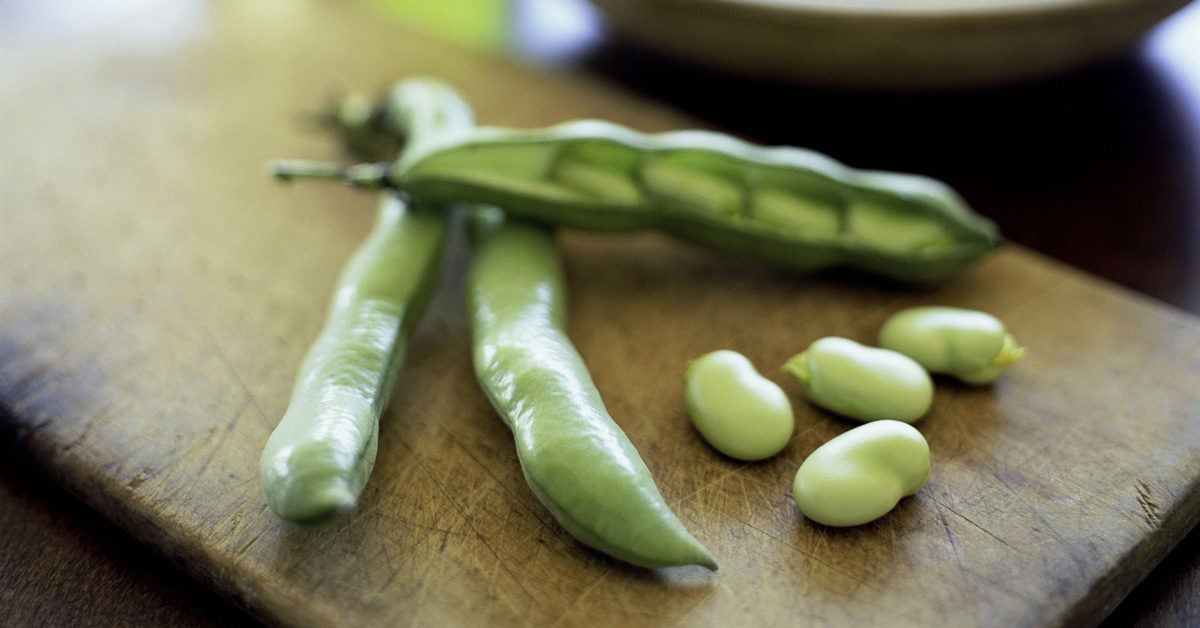Fava beans, or broad beans, are a type of bean thatâs eaten around the world. Theyâre high in protein and other important nutrients. Eating fava beans can help with weight loss, aid in your bodys immunity, and provide other health benefits.
Are Fava Beans Good For You? A Nutritional Powerhouse Legume
Fava beans, also known as broad beans, are green legumes that have been consumed by humans for thousands of years. Though not as widely used as other beans, fava beans are packed with nutrients and offer some impressive health benefits. Here is a detailed look at the nutrition profile of fava beans and why they are so good for you.
Fava Bean Nutrition Facts
While small in size, fava beans are mighty in nutritional value Here are some of the key nutrients found in 1 cup (170 grams) of cooked fava beans
- Protein: 12 grams (24% DV)
- Fiber: 13 grams (52% DV)
- Folate: 680 mcg (170% DV)
- Manganese: 0.8 mg (37% DV)
- Iron: 6.6 mg (37% DV)
- Magnesium: 113 mg (28% DV)
- Potassium: 955 mg (27% DV)
- Copper: 0.3 mg (15% DV)
- Phosphorus: 311 mg (31% DV)
- Zinc: 2 mg (13% DV)
This nutrition profile makes fava beans an excellent plant-based source of protein, fiber, folate, manganese, iron, potassium, and several other nutrients. The fiber and protein combined also make fava beans quite filling.
Top Health Benefits of Fava Beans
Supports Heart HealthThe fiber, potassium, vitamin B6, and folate in fava beans all support heart health in various ways. The fiber scrapes cholesterol out of the body to lower levels. Potassium aids blood pressure. Vitamin B6 reduces stroke risk And folate keeps homocysteine levels in check, a compound linked to heart disease
Boosts Energy LevelsThe iron manganese copper, magnesium, and phosphorus in fava beans help produce energy on a cellular level. Iron transports oxygen to cells to aid energy production. The minerals act as cofactors in energy metabolism. The fiber also stabilizes energy by slowing digestion.
Promotes Bone Strength
Fava beans provide manganese, copper, magnesium, zinc, and phosphorus – all of which support bone matrix formation and bone mineral density. Getting enough of these minerals can help prevent osteoporosis.
Supports Brain Health
The folate, iron, magnesium, potassium, and phosphorus in fava beans support neurological function in various ways. Folate prevents birth defects and may reduce age-related cognitive decline. Iron enhances oxygen supply to the brain. And the minerals act as electrolytes to improve nerve impulse conduction.
Aids Blood Cell Formation
Folate and iron both play central roles in the production of red blood cells and white blood cells. Folate aids DNA synthesis needed for cell division. Iron ensures each new cell has enough hemoglobin. This prevents anemia and boosts immune function.
Helps Prevent Birth Defects
Fava beans are one of the richest sources of folate, providing 170% of the daily recommended intake in just one cup. Folate has been shown to significantly reduce the risk of neural tube defects like spina bifida during pregnancy.
Supports Digestive Health
The substantial fiber content of fava beans supports the health of the digestive tract. The fiber adds bulk to stool to prevent constipation and improves motility. It also feeds the good bacteria in the gut microbiome and may reduce colorectal cancer risk.
Good Source of Plant-Based Protein
Each cup of fava beans provides 12 grams of high-quality vegan protein. This makes fava beans an excellent meat substitute for vegetarians and vegans, or anyone looking to increase plant protein intake. The protein and fiber together make fava beans quite satiating as well.

How to Eat Fava Beans
âFava beans come in a few different forms. You can purchase dried, hard fava beans to boil and eat. Ready-to-eat fava beans usually come in cans. Fresh fava beans come in their natural pods. Roasted fava beans are a crunchy snack food, and can be flavored with spices like pepper or garlic.
Some common dishes with fava beans include:
- Blended fava bean dip
- Grilled fava bean pods
- Salads with fava beans
- Sautéed fava beans
What Are Fava Beans?
âFava beans are a type of legume. Legumes, which are also called pulses, are vegetables that grow in pods. You can eat the pod, but you don’t have to. Common legumes include peanuts, kidney beans, and lentils.
Fava beans were first grown thousands of years ago in the Middle East and southwest Asia. They can grow in many different places around the world. Theyâre a staple in cooking across cultures, from Chinese to South American dishes.
Why Fava Beans Can Kill You
FAQ
Is it safe to eat fava beans every day?
Are fava beans a superfood?
What are the side effects of fava beans?
Are fava beans a healthy snack?
